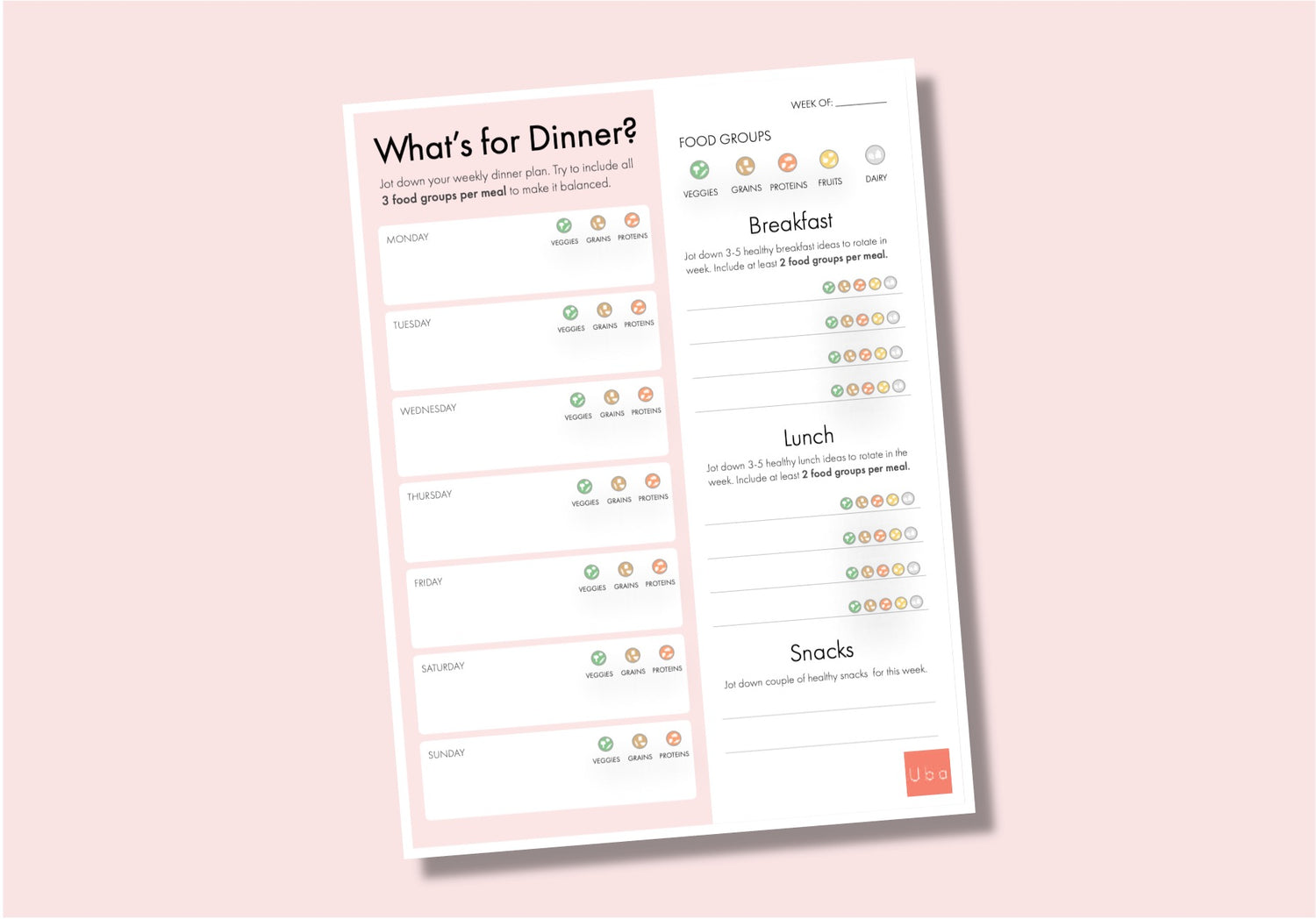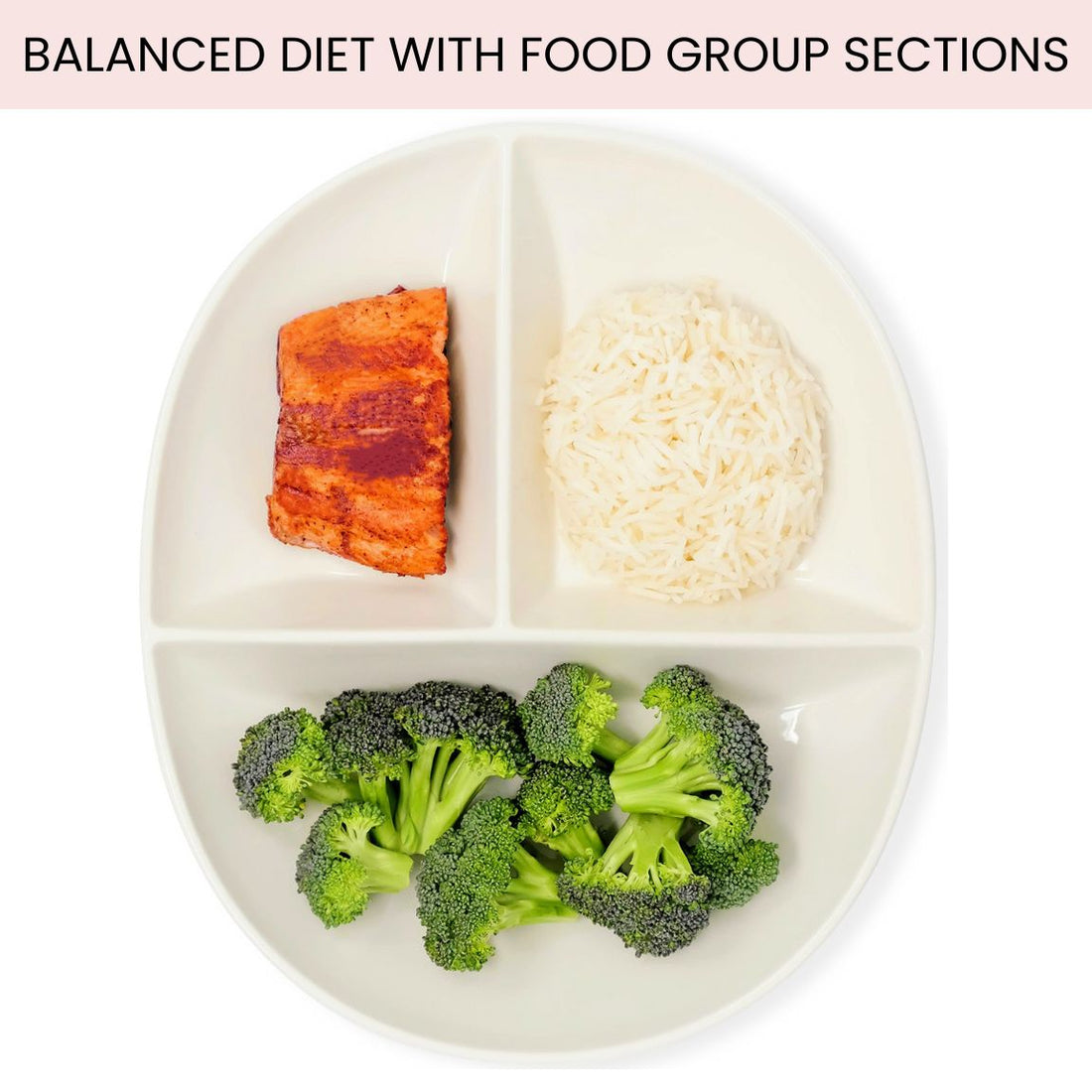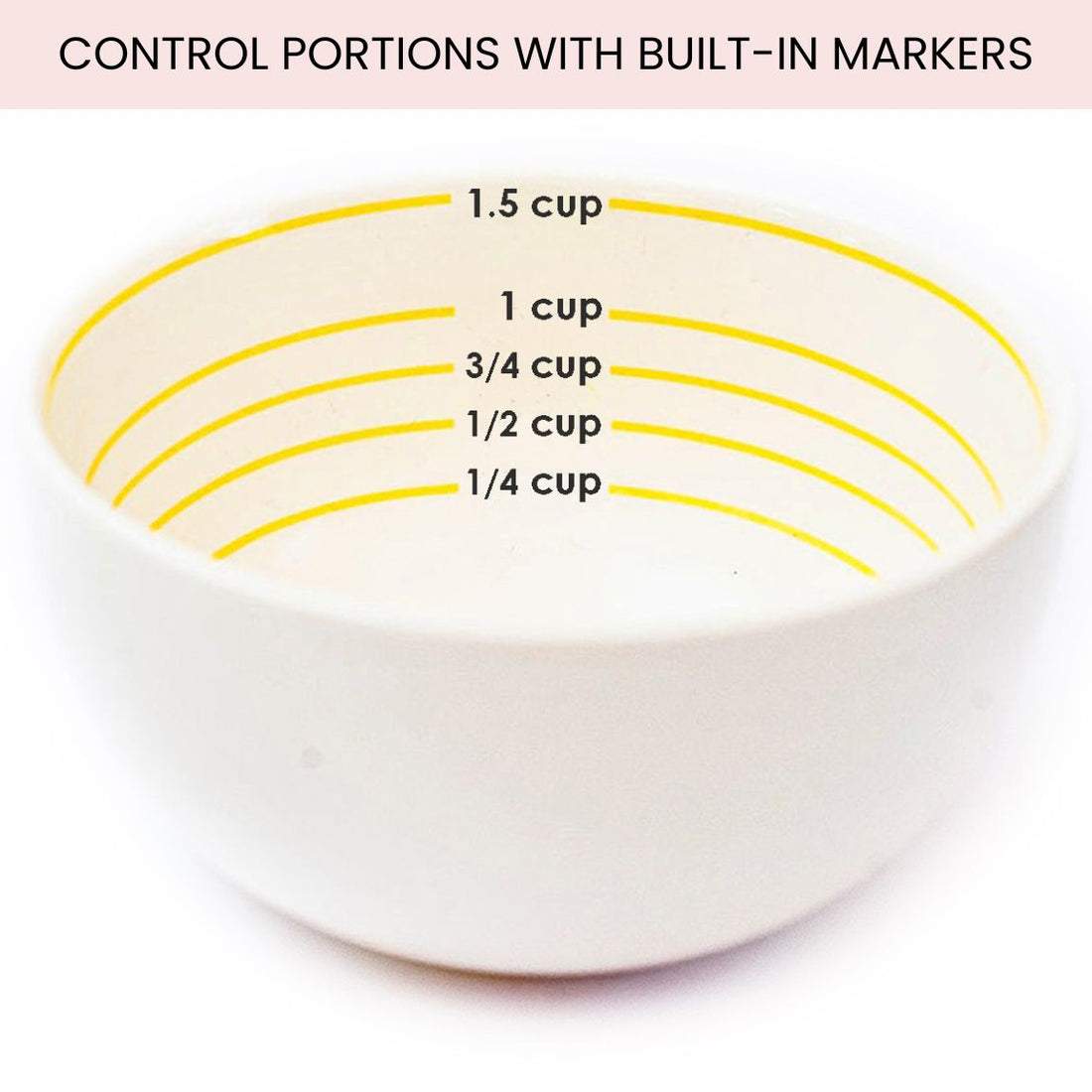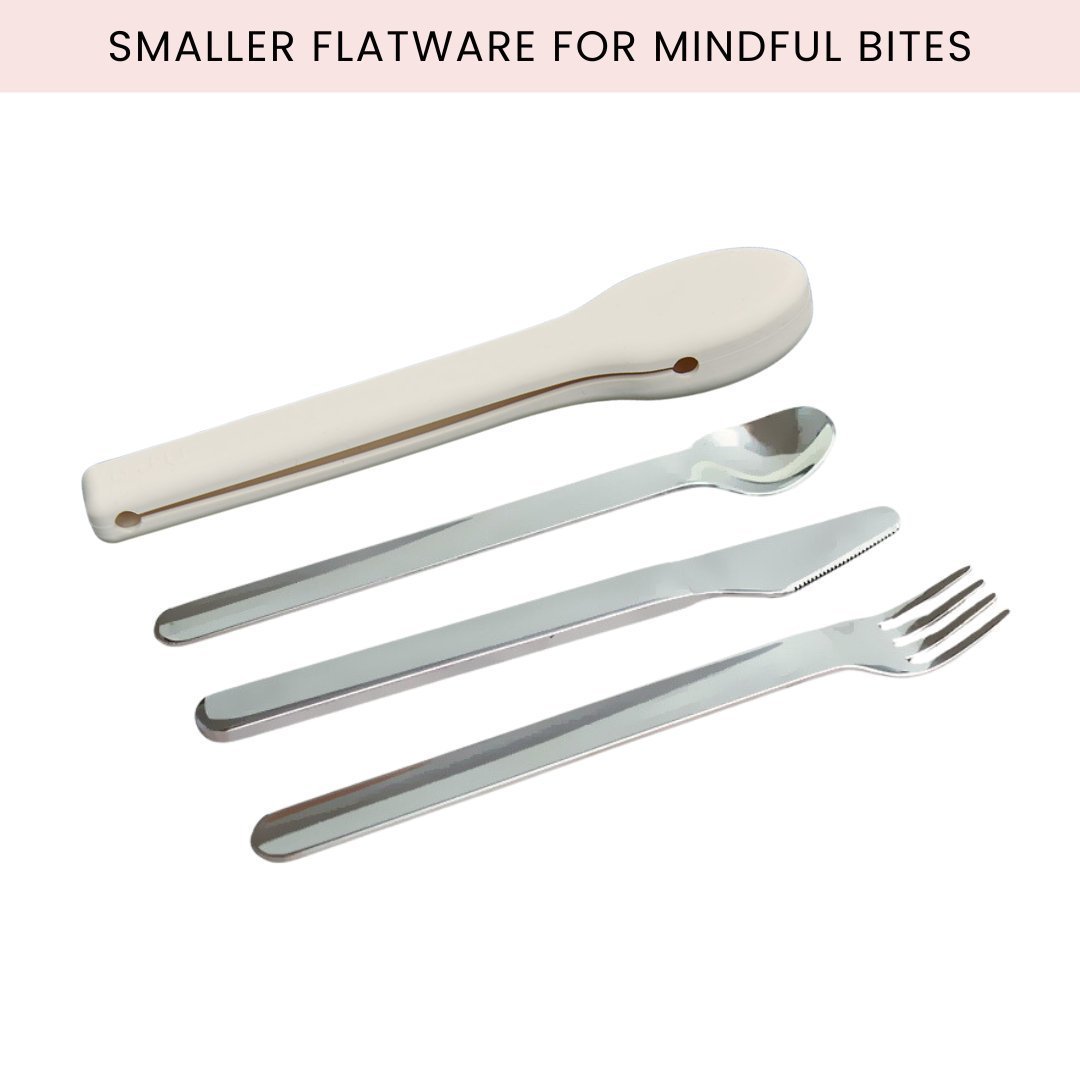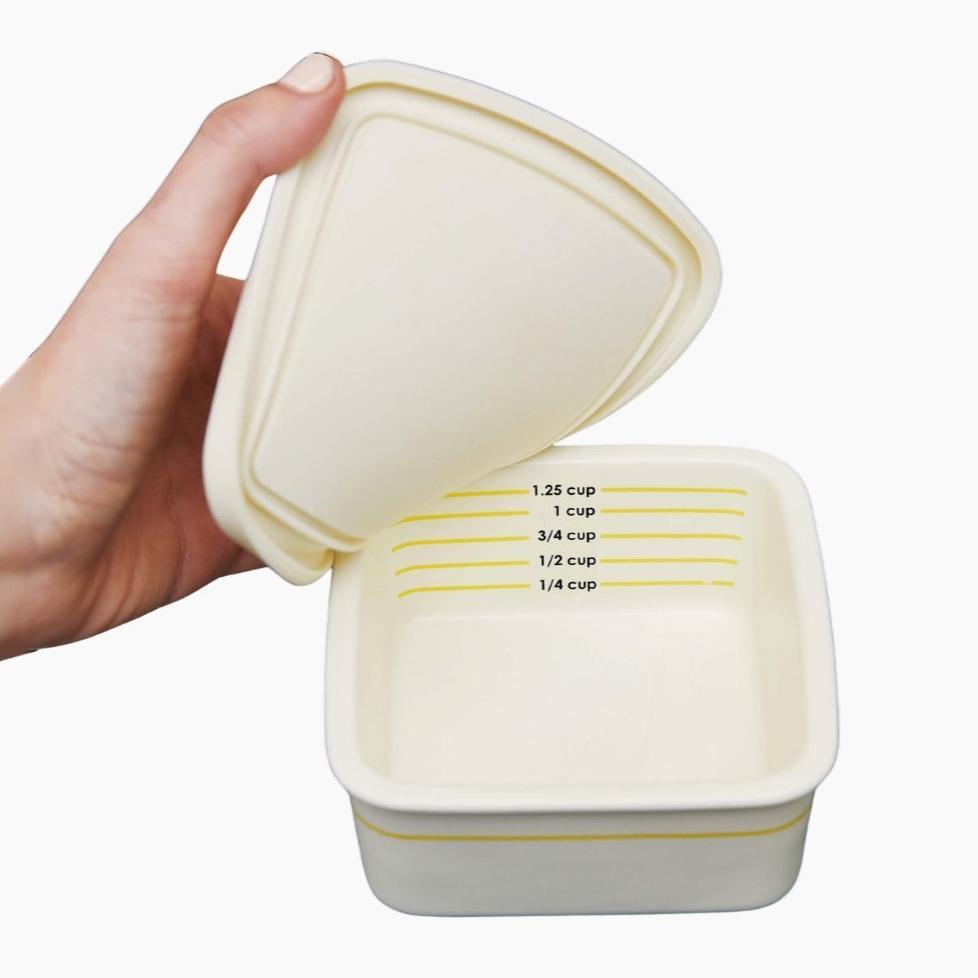When it comes to bariatric surgery, two of the most common procedures are gastric bypass and gastric sleeve (also known as sleeve gastrectomy). Both surgeries are effective for significant weight loss and can help manage obesity-related conditions like type 2 diabetes, high blood pressure, and sleep apnea.
However, these procedures differ in how they’re performed, the recovery process, and the potential outcomes. If you’re considering weight loss surgery, knowing how to choose between gastric bypass and gastric sleeve is crucial for long-term success. Here is a summary of the main differences between each surgery.
| Factor | Gastric Bypass | Gastric Sleeve |
|---|---|---|
| Procedure | Creates a small stomach pouch and reroutes part of the small intestine. | Removes about 80% of the stomach, leaving a sleeve-shaped portion. |
| Weight Loss | Rapid weight loss, patients typically lose 60-80% of excess weight in 1-2 years. | Moderate weight loss, patients typically lose 50-70% of excess weight in 1-2 years. |
| Health Benefits | Highly effective for type 2 diabetes, GERD, and high blood pressure. | Improves type 2 diabetes and high blood pressure, less effective for GERD. |
| Impact on Digestion | Alters digestion and nutrient absorption, may lead to nutrient deficiencies. | Does not affect nutrient absorption, lower risk of nutrient deficiencies. |
| Complications | Risk of dumping syndrome, malabsorption, and potential for long-term complications. | May cause acid reflux, but generally lower complication risks compared to bypass. |
| Surgery Time | 2-4 hours | 1-2 hours |
| Recovery Time | 3-4 weeks | 2-4 weeks |
| Eligibility | Typically recommended for patients with a BMI of 40+ or 35+ with serious health issues. | Similar eligibility, often recommended for those seeking less invasive options. |
Now, let's dive into the details of each difference so you can make a better and more informed decision on what option could be best for you.
Gastric Bypass vs. Gastric Sleeve: How Each Surgery Works
Gastric Bypass: In a gastric bypass, a small pouch is created at the top of the stomach. This pouch is then connected directly to the small intestine, bypassing most of the stomach and the first section of the intestine. The surgery works by limiting the amount of food you can eat and reducing the absorption of calories and nutrients. It’s a highly effective option for patients who need to lose a large amount of weight and helps with rapid weight loss.
Gastric Sleeve: In a sleeve gastrectomy, about 80% of the stomach is removed, leaving a small, banana-shaped portion (the "sleeve"). This reduces the amount of food you can consume and lowers the production of the hunger hormone, ghrelin, making you feel less hungry. Unlike gastric bypass, gastric sleeve does not affect nutrient absorption, which can be a plus for some patients.
- Bypass: Limits food intake and reduces nutrient absorption.
- Sleeve: Reduces stomach size and appetite without altering nutrient absorption.
Which Surgery Leads to More Weight Loss?
Both gastric bypass and gastric sleeve lead to significant weight loss, but the amount varies depending on the individual’s starting weight, commitment to lifestyle changes, and metabolism.
Gastric Bypass: Patients often experience faster and more dramatic weight loss with gastric bypass, particularly in the first year post-surgery. On average, people lose about 60% to 80% of their excess weight within two years.
Gastric Sleeve: Weight loss with gastric sleeve is slower but still impressive. Patients typically lose around 50% to 70% of their excess weight in the first 18 to 24 months. The rate of weight loss may be slower than with bypass, but the sleeve is less invasive and has fewer potential complications.
- Bypass: Faster initial weight loss (60-80% excess weight lost).
- Sleeve: Slightly slower but still substantial weight loss (50-70% excess weight lost).
Health Benefits and Complications
Both surgeries offer significant health benefits beyond weight loss, including improvements in conditions like diabetes, high blood pressure, and sleep apnea. However, each surgery comes with its own risks and potential complications.
Health Benefits of Gastric Bypass: Gastric bypass has been shown to have a more immediate impact on conditions like type 2 diabetes, sometimes resolving it within days of surgery. It’s also very effective for treating GERD (gastroesophageal reflux disease) and sleep apnea. However, bypass can lead to vitamin and mineral deficiencies since it reduces nutrient absorption, and patients will need lifelong supplements.
Health Benefits of Gastric Sleeve: Gastric sleeve patients also see significant improvements in obesity-related health issues, but the effects on diabetes and GERD are less immediate compared to bypass. The sleeve’s main advantage is that it doesn’t require bypassing the intestine, which means a lower risk of nutrient deficiencies.
- Bypass: Immediate diabetes improvement, more effective for GERD, but may cause nutrient deficiencies.
- Sleeve: Gradual health improvement with lower risk of nutrient deficiencies.
Potential Complications: Both surgeries come with risks, though serious complications are relatively rare. Gastric bypass patients may experience dumping syndrome, a condition where food moves too quickly through the digestive system, leading to nausea and discomfort. Gastric sleeve patients may experience acid reflux or the need for revision surgery if weight loss is not sufficient.
Factors to Consider When Choosing Between the Two
When deciding between gastric bypass and gastric sleeve, there are several personal factors to consider, including your weight loss goals, medical history, and willingness to make long-term lifestyle changes.
- Weight Loss Goals: If you need to lose a significant amount of weight quickly, gastric bypass might be the better option due to its faster weight loss rate.
- Medical History: Gastric bypass is often recommended for patients with severe obesity-related conditions like type 2 diabetes or GERD. On the other hand, if you have issues like nutrient absorption or are prone to acid reflux, gastric sleeve may be more appropriate.
- Long-Term Commitment: Both surgeries require lifelong dietary and lifestyle changes, but gastric bypass patients must be particularly vigilant about taking supplements to avoid nutrient deficiencies. Gastric sleeve patients, while still needing to focus on nutrition, face fewer long-term issues related to malabsorption.
Conclusion: Which Surgery Is Right for You?
Choosing between gastric bypass and gastric sleeve depends on your individual needs, health conditions, and weight loss goals. Gastric bypass offers faster weight loss and is more effective for conditions like diabetes and GERD, but it comes with a higher risk of nutrient deficiencies and potential complications. Gastric sleeve offers a less invasive option with fewer long-term complications, although weight loss may be slower and it may not be as effective for treating GERD.
Before deciding on either procedure, it’s essential to consult with your healthcare provider to discuss your options, understand the risks and benefits, and ensure the surgery aligns with your overall health goals. Both procedures can lead to life-changing results when combined with a commitment to healthy eating, portion control, and regular exercise.
Whether you choose gastric bypass or gastric sleeve, the path to a healthier you is within reach.


